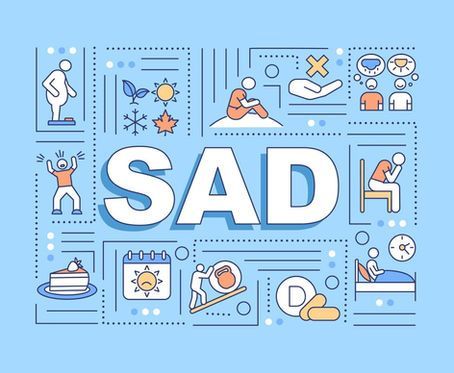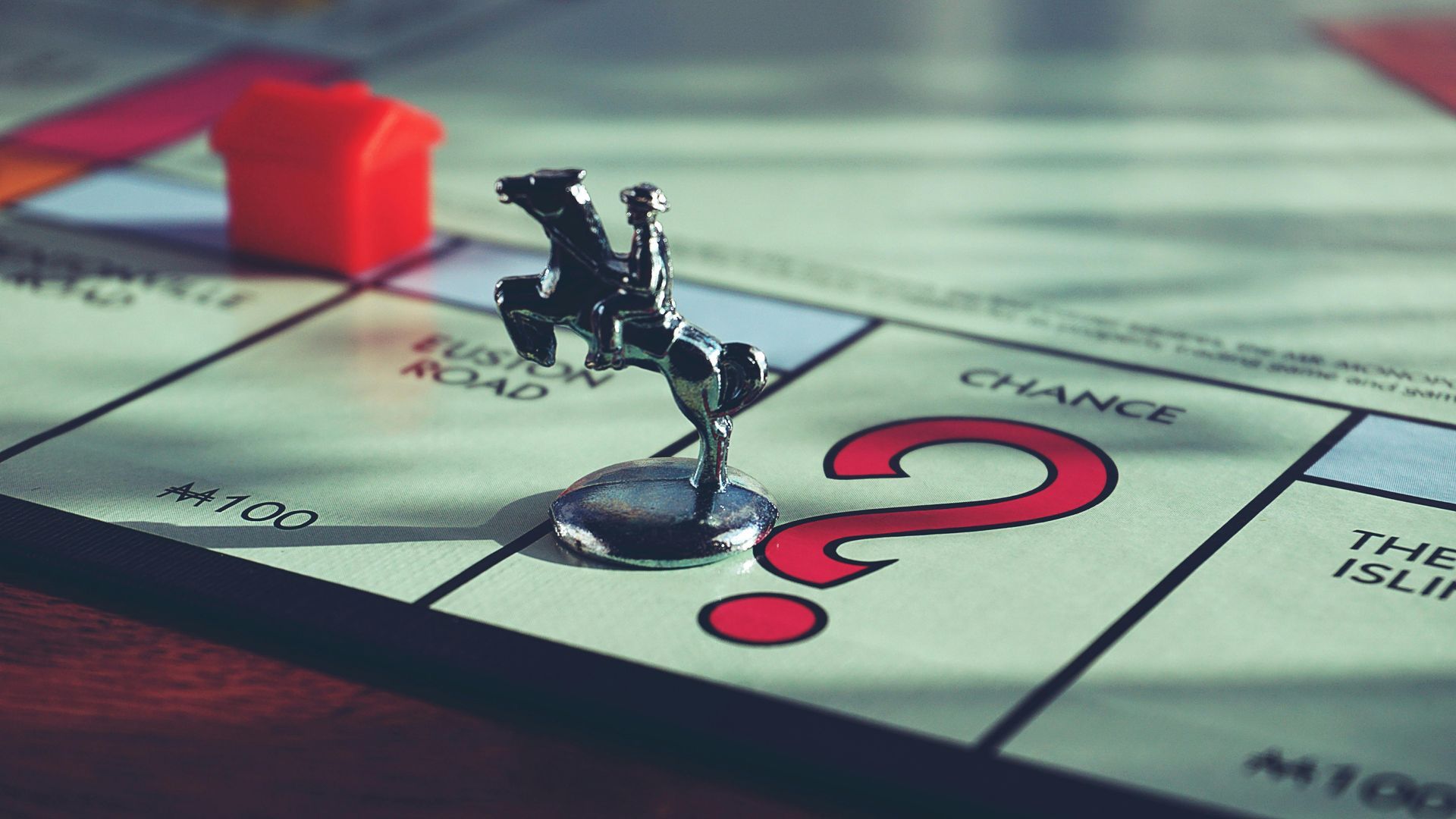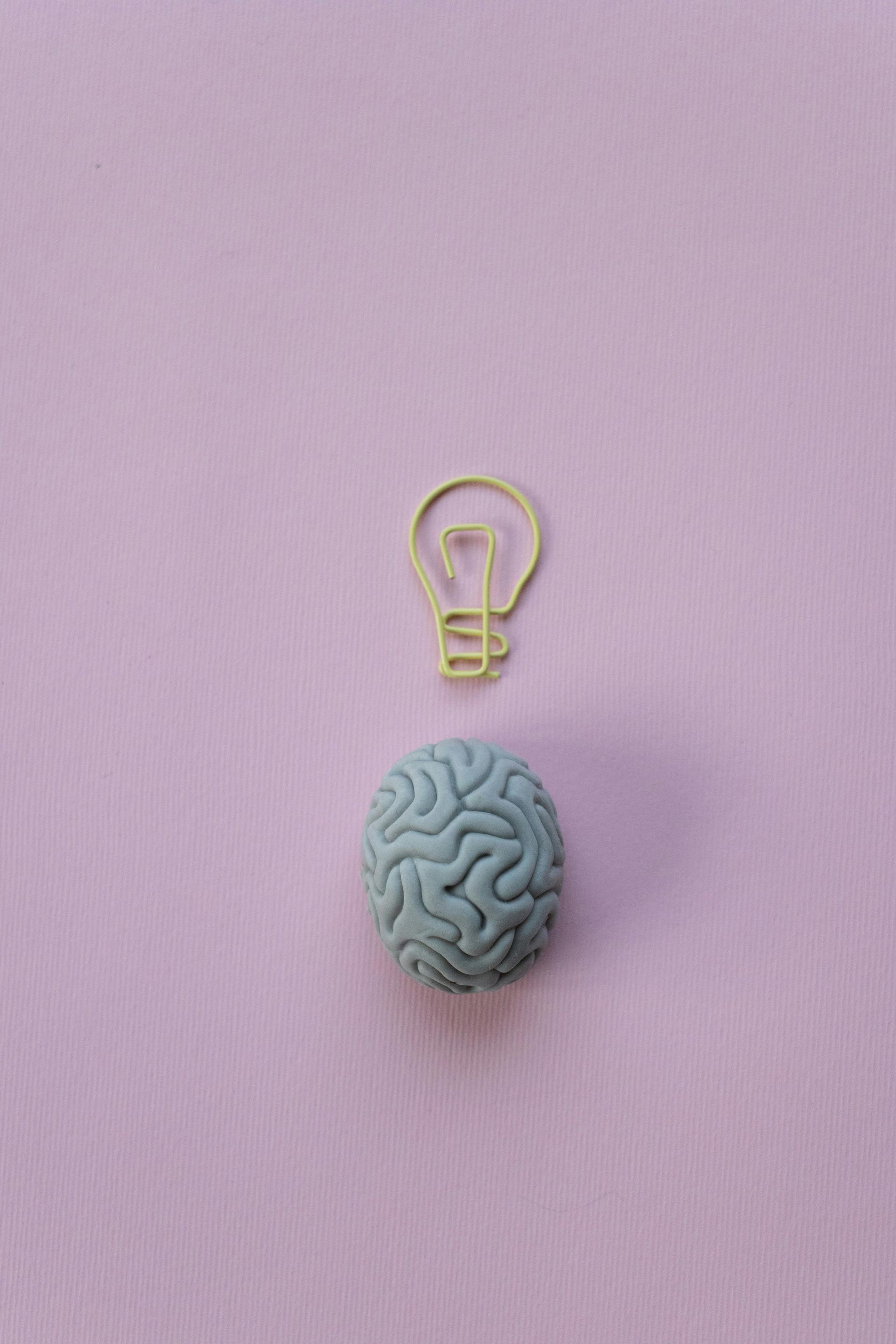Introduction:
Hey there, winter warriors! As the days get shorter and the temperatures drop, do you find yourself feeling a little less jolly and a bit more "meh"? Don't worry; you're not alone! Today, we're diving into the cozy world of Seasonal Affective Disorder (SAD), the winter blues' official invitation-only club. So, grab your favorite blanket and a warm cup of cocoa – let's chat about what SAD is, why it happens, and how to turn those gray days into a winter wonderland.
1. What's the Buzz About SAD?
Seasonal Affective Disorder, or SAD for short, is like winter's grumpy sidekick. It's a type of depression that drops by when the days get shorter and sunlight becomes a rare commodity. Blame it on the circadian rhythm or Mother Nature's mood swings – either way, SAD likes to make itself at home during fall and winter.
2. Why Does SAD Choose Winter?
Imagine sunlight as the VIP guest at a party, and SAD as the friend who only shows up when the lights go down. Less sunlight during fall and winter messes with our internal clock and those brain chemicals (serotonin and melatonin) that dictate our mood and sleep patterns. Cue the winter blues!
3. Who's in the Club?
SAD doesn't play favorites – it can hit anyone, young or old. But if you've got a family history of SAD, a track record of dancing with depression, or you live where winter means more darkness than a mystery novel, you might find yourself an unwitting member of this exclusive winter blues club.
Signs and Symptoms – the Winter Blues Checklist:
- Mood that's chillier than the weather
- Netflix becoming your new best friend
- Sleep patterns doing a frosty cha-cha
- Feeling more tired than a snowman in July
- Concentration playing hide-and-seek
- Cravings for comfort food that rival Grandma's secret recipes
Conquering the Winter Blues – Your Guide to a Cozy Comeback:
Light Up Your Life:
Grab some sunshine whenever you can – open those curtains, take a stroll, or invest in a light therapy lamp. Think of it as giving your mood a sunlit boost.
Move That Booty:
Exercise is like a dance party for your brain! Find a winter-friendly activity you enjoy, whether it's snow angels or indoor yoga. Move, groove, and let the endorphins work their magic.
Snuggle Up to Self-Care:
A balanced diet, good sleep, and a cup of hot cocoa can do wonders for your mood. Treat yourself like the winter royalty you are – you deserve it!
When to Seek Help – the Cozy Couch Chronicles:
If the winter blues start feeling more like a never-ending snowstorm, it's time to chat with a friendly face. Our local counseling superheroes are here to lend an ear, provide warm-hearted advice, and help you craft a game plan for conquering the winter blues.
Embracing Your Winter Wonderland:
Remember, winter might be chilly, but your spirit doesn't have to be! Reach out to friends, family, or our counseling clinic for support. Let's turn those winter blues into a season of self-discovery, warmth, and maybe a snowball fight or two. Because hey, we're all in this winter wonderland together!













